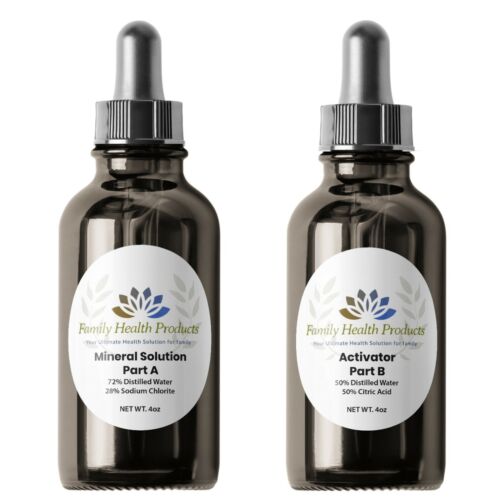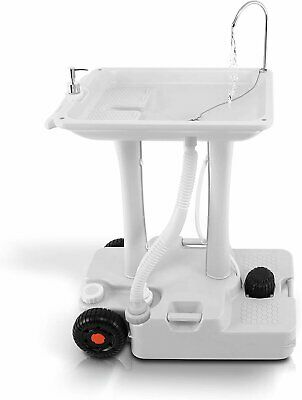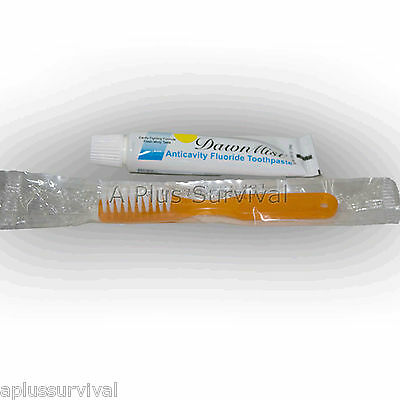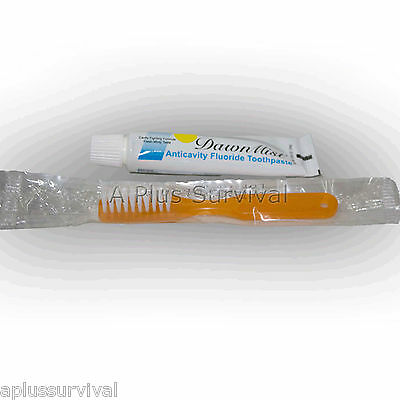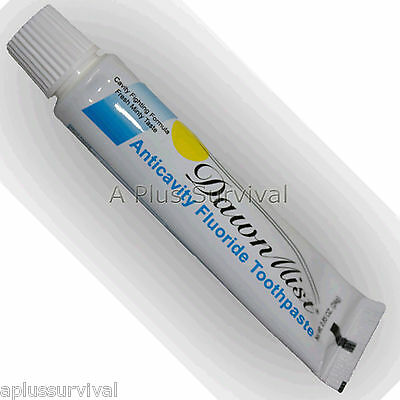-40%
Water Purification Drops 8 oz Set 50% Citric-Acid Disinfectant
$ 12.54
- Description
- Size Guide
Description
Water PurificationMineral Solution set has many applications, such as water purification and a disinfectant. Water Purification Mineral Solution
Purifies water from waterborne pathogens, parasites, and bacteria. We test every Water Purification Mineral Solution set to ensure that it works. This is our guarantee that every order provides you with a product that will purify your water correctly the first time every time.
Customer satisfaction is our top priority.
We know the importance of receiving your product on time, undamaged and with the correct information on how to use it is very important. We provide this so that you can see the benefits of our product once it arrives.
Here are some of the benefits that come with every order
.
·
Fast and Free Shipping, Hassle Free Exchanges, Returns and Replacements
. World wide shipping is also available.
· We provide the knowledge like guides, and easy mixing instructions that come with your order so you know how to use our product correctly.
· We are here 24 hours a day 7 days a week to answer any and all questions. We use food grade chemicals to deliver the highest quality product.
También hablamos español
Important Facts Regarding Water Purification Mineral Solution CD, CDS
Highest quality
Mineral Solution Set including steamed distilled water to ensure purity.
All
chemicals
come from right here in
America.
Chlorine dioxide has been used to purify water for more than 70 years.
Chlorine dioxide has been used worldwide for many years by hundreds of thousands of people.
Chlorine dioxide is used in more than 1000 public water works to kill the diseases of mankind.
Sodium chlorite, from which chlorine dioxide is derived, has been sold by more than a dozen companies worldwide.
In 2012, the Red Cross did a test in Uganda using an activated mineral solution set.
In 1996, Jim Humble discovered various applications for the use of Chlorine Dioxide.
Since Jim Humbles discovery, it has changed water purification worldwide
Although there are more than 100,000 patents concerning the industrial use of chlorine dioxide starting in the 1930?s, There are many new patents that started in the early 1980?s and they are on record in the patent office so that you can have a copy for free.
?
Chlorine dioxide
as a water purification. Chlorine dioxide (ClO) is used as both a disinfectant and an oxidant in drinking water treatment. It has several chemical advantages, which complement the traditional use of chlorine in potable water treatment.
Chlorine dioxide is highly effective in controlling waterborne pathogens while minimizing halogenated disinfection by-products. Chlorine dioxide is a broad- spectrum micro biocide as effective as chlorine against viruses, bacteria, and fungi, and more effective than chlorine for the inactivation of the encysted parasites Giardia and Cryptosporidium. Chlorine dioxide is also an effective control strategy for taste, odor, color, iron, and manganese removal.
?
Application Description
Chlorine dioxide is an extremely effective disinfectant and bactericide, equal or superior to chlorine on a mass dosage basis. Its efficacy has been well documented1 in the laboratory, in pilot studies and in full-scale studies using potable water?and wastewater. Unlike chlorine, chlorine dioxide does not hydrolyze in water. Therefore, its germicidal activity is relatively constant over a broad pH range.
?
Feed Requirements
For most municipal and other potable water systems, a chlorine dioxide residual concentration of up to 2 mg/L is sufficient to provide adequate disinfection. Chlorine dioxide must be applied at a sufficient residual concentration for a sufficient CT value to achieve the required disinfection. Residual disinfectant and disinfectant by-products must be monitored as required by the National Primary Drinking Water Regulations (40 CFR Part 141) and state drinking water standards.
Method of feeding into the water system
Chlorine dioxide is a gas produced by activating sodium chlorite with an oxidizing agent or an acid source. Sodium chlorite is converted to chlorine dioxide through a chlorine dioxide generator (i.e dropper) and applied as a dilute solution. Chlorine dioxide solutions should be applied to the processing system (Class container or water system being used) at a point, and in a manner, which permits adequate mixing and uniform distribution. The feed point should be well below the water level to prevent volatilization of the chlorine dioxide. Do not apply sodium chlorite directly to potable water. Avoid co-incident feeding of chlorine dioxide with lime or powdered activated carbon.
Citations and References:
USEPA Method 300.1, Determination of Inorganic Anions in Drinking Water by Ion Chromatography, Revision 1.0. USEPA. 1997. EPA/600/R-98/118.
Code of Federal Regulations, National Primary Drinking Water Regulations, Subpart H - Filtration and Disinfection. 40 CFR § 141.70-75.
Standard Methods for the Examination of Water and Wastewater, APHA, AWWA and WEF, Washington, D.C. (20th Ed.. l998).
Aieta, E.M. and Berg, J.G., “A Review of Chlorine Dioxide in Drinking Water Treatment,” JAWWA, 78:6:62 (June, 1986).
Methods for the Determination of Inorganic Substances in Environ- mental Samples. USEPA. 1993. EPA/600/R-93/100
Water Treatment Solutions. (n.d.). Retrieved from https://www.lenntech.com/processes/disinfection/chemical/disingectants-chlorine-dioxide.html
Caution: Claims that the ingestion of chlorine dioxide, often advertised as a cure or will cure ailments are false. The U.S. Food and Drug Administration (FDA) has not evaluated any of these statements and should not be ingested. This product is not marketed to or as a cure, diagnose, treat any ailments. All information in this is for educational purpose only. The end use of the item is sole responsibility of the consumer.
